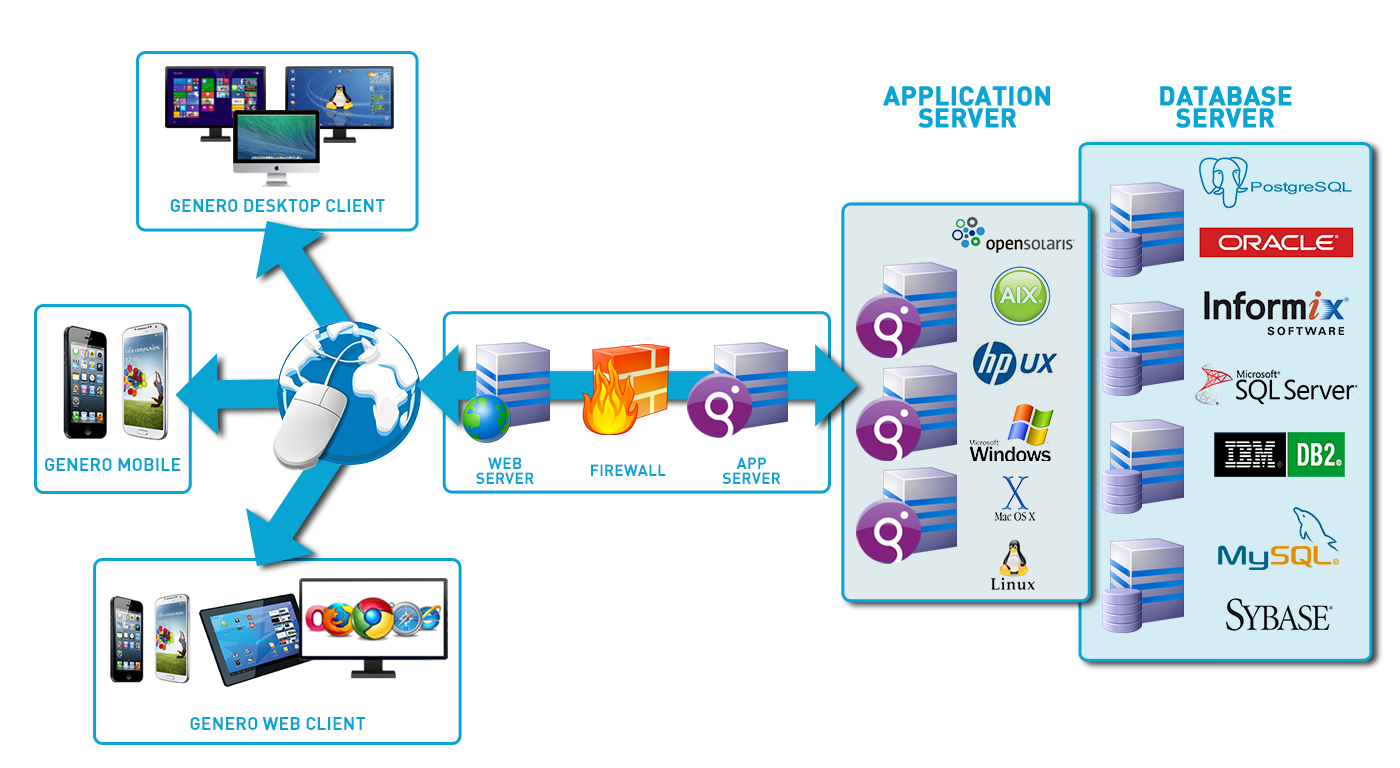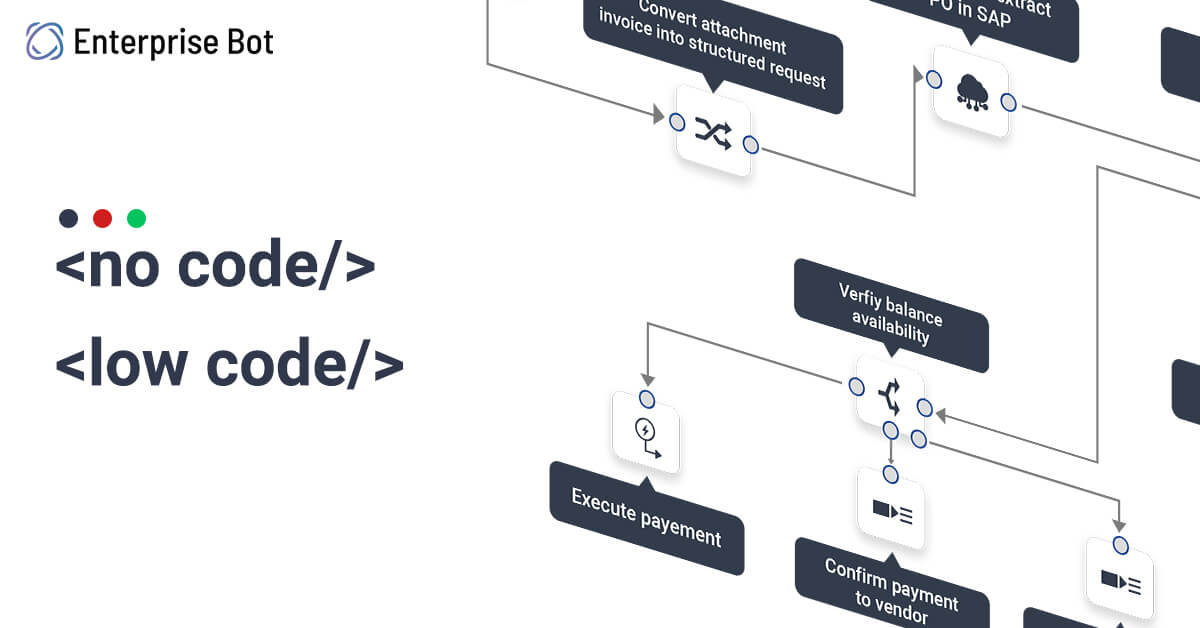No-Code Open Platform Data Source Development: Simplify Complicated Development Jobs
No-Code Open Platform Data Source Development: Simplify Complicated Development Jobs
Blog Article
Checking Out the Advantages of Scalable Databases That Require No Coding Abilities for Efficient Data Management Solutions
The development of scalable data sources that get rid of the necessity for coding abilities provides a transformative chance for companies looking for efficient information monitoring options. By enabling non-technical individuals to harness the power of information through intuitive interfaces, these systems improve access and foster collaboration across varied groups. In addition, their cost-effectiveness and adaptability to advancing service needs can dramatically enhance functional procedures. As we take into consideration the ramifications of such improvements, it comes to be critical to check out how they can reshape the landscape of information monitoring and drive lasting development in a competitive atmosphere.
Improved Availability for Customers
Enhanced access for users is a critical aspect of scalable databases, guaranteeing that information management systems are user-friendly and user-friendly. In an age where data-driven choices are critical, ease of access allows a broader variety of users, including those without extensive technical experience, to involve with database systems efficiently. This democratization of information accessibility promotes enhanced cooperation throughout divisions, equipping staff members to make and remove understandings notified choices.
Straightforward user interfaces, such as aesthetic information and drag-and-drop features representation, streamline complicated information interactions. These improvements lower the understanding curve related to standard database administration, allowing customers to concentrate on leveraging information instead than coming to grips with technical complexities. Scalable data sources often include real-time analytics and adjustable control panels, offering individuals with instant understandings tailored to their details demands.

Cost-Effectiveness and Source Financial Savings
Effective information management not just pivots on accessibility but also on cost-effectiveness and source savings. Scalable databases developed for users without coding abilities significantly reduce economic concerns commonly linked with typical database administration systems. By eliminating the demand for specialized shows knowledge, companies can allocate their sources much more successfully, focusing funds on core company activities instead of considerable training or employing competent employees.
Moreover, these databases often utilize cloud-based options, which further decrease expenses connected to equipment and upkeep. Organizations can scale their data source solutions according to their needs, avoiding the expenditures sustained from over-provisioning sources. This adaptability suggests services can adjust to transforming demands without incurring unneeded expenses, leading to considerable long-lasting savings.
In addition, straightforward user interfaces improve information entrance and monitoring processes, reducing the moment invested in management tasks. This efficiency converts right into labor price savings, allowing teams to concentrate on strategic efforts instead of routine maintenance. Generally, embracing scalable data sources that require no coding skills fosters an extra affordable technique to data management, making it possible for organizations to maximize their sources while keeping high levels of functional efficiency.
Improved Cooperation Throughout Teams

In addition, scalable data sources help with smooth interaction among staff member. With straightforward interfaces that need no coding abilities, workers can conveniently develop, change, and share reports or dashboards customized to their details demands. This democratization of data encourages non-technical individuals to add insights, improving the collaborative setting.
Additionally, these data sources support simultaneous accessibility, permitting numerous individuals to service the moved here very same dataset concurrently. This feature improves productivity, as groups can participate in joint data evaluation without the risk of version control problems. The capability to leave notes or remarks straight within the data source even more promotes discussion and makes clear data interpretations.
Streamlined Information Monitoring Processes
In today's data-driven setting, companies acknowledge the need of structured information administration refines to take full advantage of performance and accuracy. By leveraging scalable data sources that require no coding abilities, organizations can streamline their data handling and decrease the intricacies commonly related to traditional data source systems. This ease of access equips non-technical individuals to involve straight with data, promoting quicker decision-making and reducing dependence on specialized IT employees.
Streamlined information management processes boost workflow by automating regular jobs such as information access, recognition, and reporting. Automated information integration makes certain that information from various sources is aggregated flawlessly, getting rid of silos and cultivating an unified view of crucial service metrics (no-code). Easy to use user interfaces enable personnel to manipulate information easily, allowing them to create understandings that drive calculated campaigns without the demand for considerable training.
This efficiency not just accelerates operational processes yet also reduces the potential for human error, ensuring that information stays precise and trusted. Eventually, structured data administration processes through scalable databases cause boosted efficiency, enabling companies to concentrate on core activities while ensuring that their data management techniques are effective and effective.
Scalability for Growing Businesses

For expanding enterprises, the capability to scale up or down is crucial. A scalable data source can handle an influx of information created from new clients, products, or services, ensuring that business procedures continue to be continuous. Moreover, these databases supply the capacity to manage peak tons successfully, which is crucial during periods of fast growth or seasonal spikes.
Furthermore, many scalable data source options are developed with user-friendly interfaces that require no coding abilities, encouraging non-technical personnel to manage data successfully (no-code). This democratization of data administration permits companies to allot resources tactically and reduce dependence on specialized IT workers
Ultimately, embracing a scalable data source not just boosts functional efficiency yet also cultivates a setting where businesses can introduce and progress without the constraints of standard database systems. This flexibility placements companies for long-term success in today's affordable landscape.
Final Thought
To conclude, scalable databases that call for no coding abilities give considerable benefits for effective information administration. These systems enhance access for non-technical users, lower functional costs, and promote collaboration try this website throughout groups. By streamlining information management procedures and supplying scalability for expanding services, such services make it possible for organizations to adjust to transforming demands efficiently. pop over here Ultimately, the fostering of these easy to use data sources promotes technology and positions organizations for lasting success in a vibrant environment.
Enhanced availability for users is an important facet of scalable databases, making certain that data monitoring systems are easy to use and user-friendly.User-friendly interfaces, such as visual data and drag-and-drop features representation, simplify intricate data interactions. Generally, adopting scalable databases that need no coding skills fosters a more economical approach to data administration, making it possible for companies to optimize their resources while preserving high degrees of operational efficiency.
By leveraging scalable data sources that require no coding abilities, organizations can streamline their data handling and reduce the complexities normally associated with standard data source systems - no-code.Streamlined data administration procedures enhance operations by automating routine tasks such as data entry, validation, and reporting
Report this page